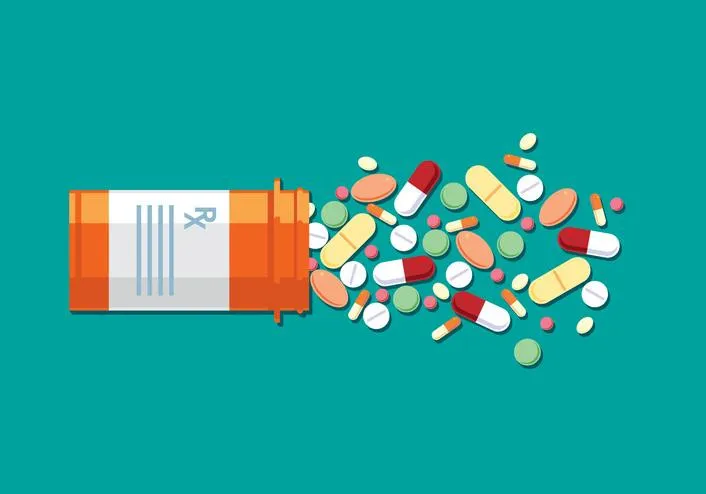Medication side effects: What are your options?
Dec. 3, 2024

What to do when your medicine causes annoying — or dangerous — side effects.
Medications can be so great for our health. Medication can prevent or cure a condition, improve the quality of a person's life, even extend the person's age. However, drugs cause side effects. They rarely occur, but it's feasible. While drugs heal different problems such as infection, cancer, they may hit another part of the body which will again cause uncomfortable symptoms, to say the least.
What are the most common and annoying side effects?
If you think you experience some side effect, go ahead and refer to the National Library of Medicine for the information about what's side effects of medications taken are.
Some common ones that include:
1. Nausea, constipation or diarrhea
2. Dryness of the mouth
3. Feeling drowsy
4. A rash
5. Headache
The severity of side effects can vary. While some side effects are more troubling than others, sexual side effects can be very troubling and may not always be reported. Problems such as forgetfulness or difficulty concentrating-called "brain fog"-also can seriously affect your day-to-day life, work, and overall well-being.
Which medication side effects are dangerous?
Most of the side effects of medicines are irritating but not harmful. The following are four serious side effects that need immediate medical attention:
Anaphylaxis: This is a severe allergic reaction that can cause various parts of the body to be affected. The symptoms include a rash, swelling of the lips, tongue, or throat, and trouble breathing.
Stevens-Johnson Syndrome (SJS) and Toxic Epidermal Necrolysis (TEN): Both are severe allergic reactions, with a severe rash, skin peeling, and fever. The difference is that TEN causes more severe skin damage. These conditions can lead to life-threatening problems like kidney and lung damage, or skin detachment similar to a severe burn.
Drug Reaction with Eosinophilia and Systemic Symptoms (DRESS): This is a rare reaction that causes abnormal blood counts, rash, swollen lymph nodes, and liver damage. Other organs such as the kidneys, lungs, and heart may also be affected.
What about drug interactions?
Some drugs are not going to cause side effects on their own, but when you begin taking a second drug, they might interact with each other. That is, one drug can alter the way the other works.
For instance, if you are on a blood thinner, adding an anti-inflammatory drug like ibuprofen or naproxen may increase your risk of bleeding.
There are thousands of known drug interactions. Doctors, pharmacists, and prescription systems often check for these interactions before prescribing medicines to help avoid any problems.